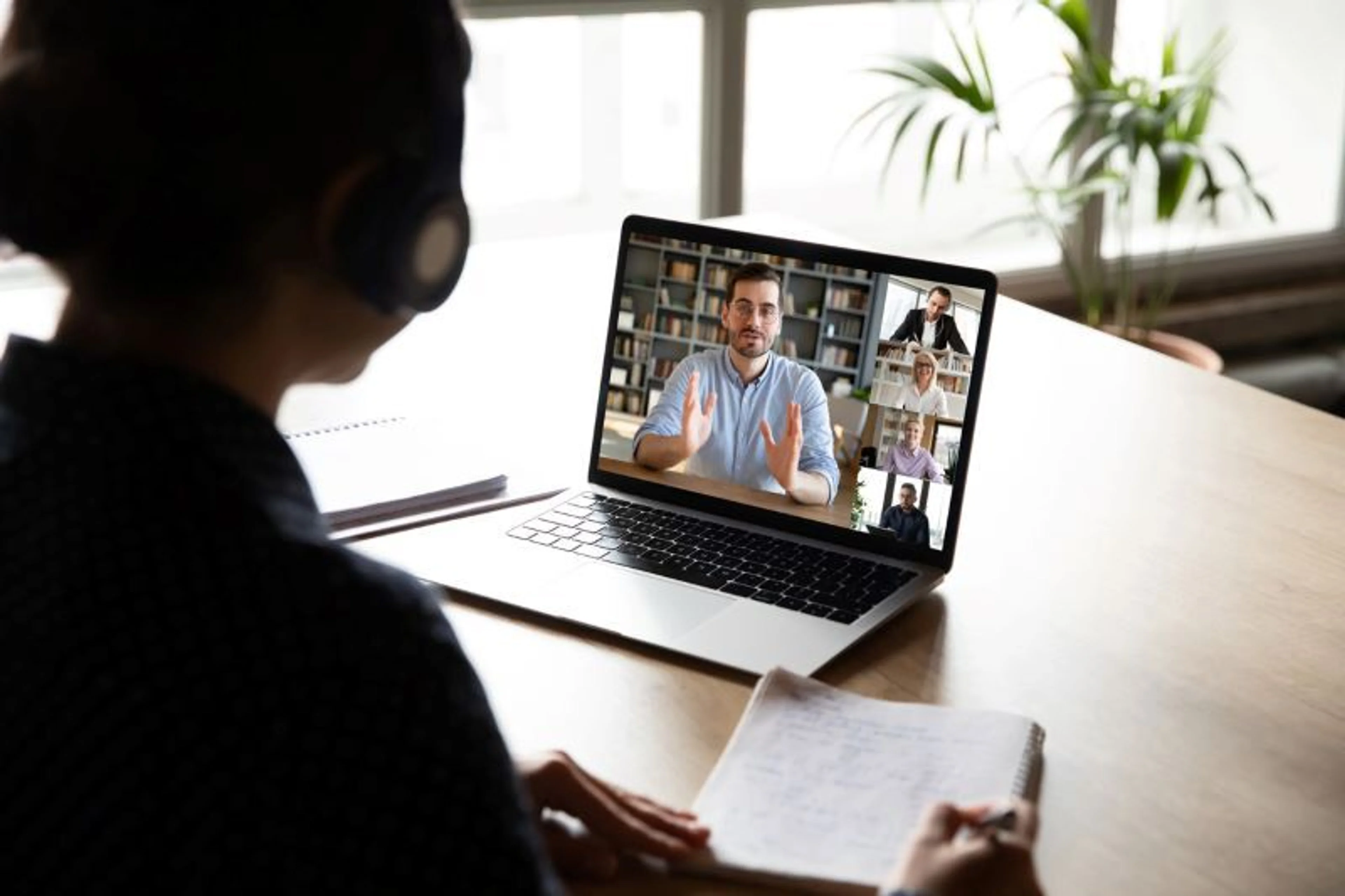
3 Key Components of a Successful Remote Audit
When it comes time to prepare for an audit, it’s easy to get overwhelmed. With the current COVID-19 health crisis, many auditors are still working remotely, creating an unprecedented need for remote audits. While auditing remotely sounds difficult, it doesn’t have to be. Doeren Mayhew’s dedicated Accounting, Audit and Assurance Group shares the three key components to ensure your business’s remote audit goes off without a hitch.
1. Effective Communication Given the current climate and the necessity to work remotely, communication is more important than ever. Whether you’re establishing audit goals with your auditors, setting up accessible resources or informing your engagement team of new safety measures, having an open and consistent line of communication is key for any business, let alone its audit process.
Developing a good communication plan in the planning phase of the audit is key to a successful audit. The plan should include contact information (email addresses, office and cell phones) of team members from both the audit and client team and timeline.
By initially developing a timeline with your auditor and internal team, you’re starting off on the right foot. Important deadlines, dates, meetings and document requirements should be clearly outlined on your timeline to effectively evaluate progress as you go. Confirm with your internal team the timeline is doable and reasonable for all involved, taking the time to understand if you’re truly audit-ready. Roadblocks should be expected given the current health crisis, but revisiting your timeline and audit status is a great way to ensure you’re on track for a successful audit.
2. Schedule Regular Meetings Another way to keep your audit on track for success is to have meetings scheduled in advance with your internal team and auditor. Typically, auditors meet with personnel onsite to solve problems or ask questions. Since this is not currently an option for many auditors or businesses, it is crucial to have regularly-scheduled meetings on the calendar to tackle these items. This ensures the audit progress is understood by all and you can use these meetings as an opportunity to check in on your timeline. Whether the meetings are daily, weekly, bi-weekly or whenever considered appropriate can be based on the current status of your audit timeline.
3. Empower Your Auditors As you prepare for your first remote audit, giving your auditor the information and resources they need is imperative. Take time to reevaluate how the auditing process has historically been performed at your business, noting where innovative changes can be made to streamline the process. Review Provided by Client (PBC) items from your auditor and discuss it with them for clarity, if needed. Anticipate your auditor to ask for an evaluation of pandemic-related events that occurred subsequent to year-end. This may include emergency loans (such as a Paycheck Protection Plan (PPP) loan or an Economic Injury Disaster Loan (EIDL)), an evaluation of the state of company operations such as cash flow projections, changes in supply chain or disruptions, downsizing, and any other effects of the pandemic you believe to be relevant for your business.
Since audit processes have been mostly onsite in the past, it’s important to consider how to address reviewing hard copies of documents and meeting with your auditor. One option is to schedule virtual conference calls with the functionality of sharing screens between parties. Instead of meeting with your auditor and reviewing documentation in person, it can be done in the comfort of your home. Ensure all necessary engagement team members can access document portals, as these will likely be the central location of all requests.
Another way to keep your audit moving smoothly is to provide limited remote access to your auditor for certain data systems within your company. This allows your auditor to login and obtain needed documentation as needed, minimizing the burden to your personnel and letting your auditor continue to work without disruption.
Stay Informed
Through these unprecedented times, you must have the most up-to-date information at hand when making decisions for your next audit. With new regulations and laws being put into place, it may be difficult to know where your business stands. Your auditor is here to help, make sure to contact them with any questions or concerns. They are also dealing with these unique circumstances and are here to work with you to get through them. By keeping communication consistent, maximizing the use of technology and thinking outside of the box, remote auditing can be a seamless process and a huge success. For more information on remote auditing or to speak with one of our experienced auditors, contact Doeren Mayhew today.


